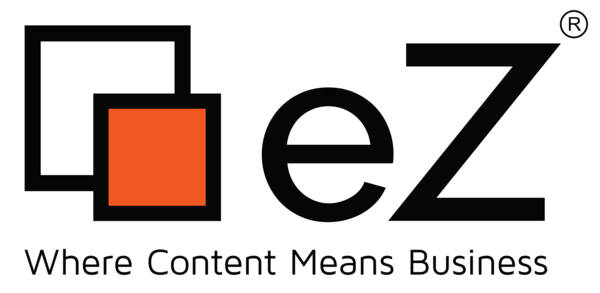Meet your match: How to choose the right web development partner
By: Lisa Manfield | April 4, 2018 | Business solutions and Web solutions
Building a relationship with a web development partner can be a lot like dating. In the early days of your relationship, you’ll be talking to your web developer frequently, getting to know their strengths and weaknesses, and hoping they’ll be reliable, trustworthy, and ultimately live up to your expectations.
You’ll want to find someone who is eager to impress you early on, but who remains honest, transparent, and impressive after the honeymoon period is over.
Ultimately, you want a partner in whom you can entrust the development of marketing and business assets at the heart of your business, but also someone who can advise you on how best to use and evolve those assets over time.
So how can you recognize a potential partner who will take your company’s best interests to heart? Here are some critical qualities of a solid, long-term web development partner.
What to look for in a long-term web developer
- Responsiveness: You don’t want a development partner who sacrifices customer service for code. Whether you’re experiencing technical issues or simply need to discuss a new solution, you want a partner who is there to listen and work with you on an ongoing basis. To supplement day-to-day responsiveness, it’s also a good idea to have regular check-in calls.
- Transparency: Your web development partner may hold much of the technical expertise, but they shouldn’t be the only ones holding all the power. Choose someone who will open accounts in your company’s name, and hand over all the passwords. Be sure they’ll give you documentation on the work they do and visibility into their development processes so you can track their progress. And bonus points for a partner who lets you know when something is out of their realm of expertise and requires more research or a referral.
- Long-term availability: So many companies look for a web development partner that will build and launch their new site. But what happens after launch? It’s unlikely you’ll simply stop all development for the next several years. So choose a partner who will stick around and help you to evolve your site after launch to keep up with customer needs and expectations.
- Broad spectrum of experience: Of course, raw technical experience is important, but you’ll want more than just a good coder. Your web developer should have experience validating design and user experience, content strategies, and other general digital marketing tactics. This doesn’t mean you need a developer who’s also a marketing expert, but you do want someone who has enough knowledge about business and marketing strategies that they can talk through ideas with you, and explain how those ideas will impact your technology.
- Recent and relevant references: Everybody has good references, so it’s important to find a way to get past the cherry-picked list your prospects may provide. Ask for references from specific projects; the most recent three comparable projects is fair.
- Friendliness: It should go without saying that it’s nicer to work with nice people, especially those with whom you’ll be working long-term. So choose someone you get along well with.
A few other selection factors
Obviously the list above is not exhaustive, and other factors -- like cost -- will play into your choice of a web development partner.
Here are a few more points to consider:
Smaller can be better. In an enterprise environment, why wouldn’t you just go with a big firm? Well, as we’ve written previously, a smaller firm might be a better fit for stability, agility, and more. The size of the team you get at smaller firm may be equivalent to the one you work with at a bigger firm, and the smaller firm might have a larger personal investment in your project. The big firm comes with some limiting factors: you may never have direct access to the developers working on your project, and turnover may mean you get shuffled from contact to contact, affecting the continuity of your project.
“Yes” isn’t what you necessarily what you want to hear. Watch out for development partners who say yes to everything you ask for. With enough time and budget, anything can be created. But there’s a place for respectful push-back, and for detailed questions to ensure your dev team understands the nuances of your objectives, workflows, user needs, and end value. It shows they have the experience to know what to ask, and what makes the most business sense.
But you should push for innovation. It’s nice to have a development partner that implements your every spec, but even nicer if you can find someone who can help flesh out your specs and innovate. Sometimes, looking outside your specific industry can produce great ideas and examples -- something your developer should be able to bring to the table.
It’s not simple to swap developers. Web developers, and the code they create, are not interchangeable. Inserting a new web developer into an existing website is tricky, so it’s much more efficient to choose someone who will be on-board over the long term.
And finally, beware of developers who are only interested in the latest technology. Your development team should be working to achieve your business objectives, not making your site their own technology trophy.
Looking for a development partner for your next project? We'd love to chat about your needs. Contact us anytime.






